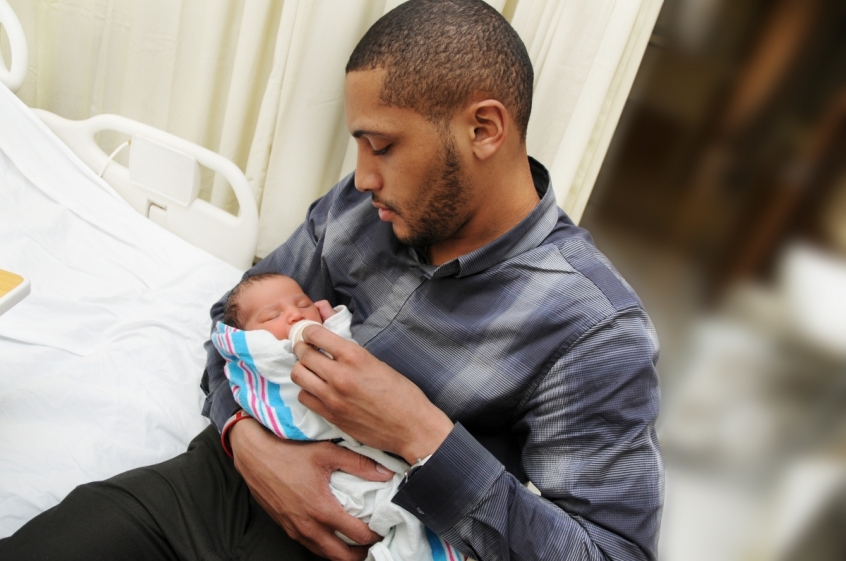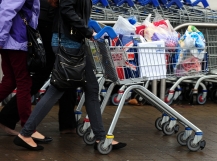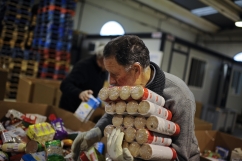More than seven million children live in families facing a four-year freeze to their benefits, The Children's Society has claimed.
In research released today, The Future of Family Incomes: How key tax and welfare changes will affect families to 2020, the Church of England-linked charity is warning that from April the freeze will hit just over four million low-income families across the UK.

It says this risks pushing many more children into poverty over the next four years as living costs rise.
Almost two thirds of those affected – 4.9 million children living in 2.6 million families – live in working households that receive benefits to top up low pay.
The freeze forms part of the Welfare Reform and Work Bill, which is due to be debated in Parliament today.
According to the charity, freezing Child Tax Credits, Working Tax Credits and Job Seekers' Allowance rather than raising them in line with living costs – could see affected families losing up to 12 per cent from the value of their benefits and tax credits by 2020.
Ahead of next month's Budget, the charity is urging the Government to reconsider its plan to freeze benefits and agree to a moratorium on further cuts in support for low-income families.
The Future of Family Incomes reveals for the first time the collective impact of a range of welfare, tax and benefit measures announced, but not yet introduced, by the current and previous governments.
It says while some changes, such as the introduction of a higher minimum wage, might increase household incomes by 2020, others will cancel out any gains by significantly cutting key support for many families.
Planned changes, aside from the benefits freeze, include limiting Child Tax Credits to a family's first two children and scrapping the family element of Child Tax Credit. In addition, Universal Credit claimants may receive less support than they might have under other benefits.
Young parents and families with disabled children claiming Universal Credit for the first time are particularly likely to lose out.
For those making new claims in 2020 the effects are likely to be severe. According to The Children's Society, a nurse and her partner with three children, renting in London, could be worse off by £425 per month (£5,100 per year).
An army corporal and his partner with three children, including one who is disabled, who own their home, could be worse off by £771 per month (£9,252 per year).
Matthew Reed, chief executive of The Children's Society, said: "Families on low incomes are facing a barrage of cuts. If ministers are genuinely concerned about child poverty they must reconsider plans to freeze benefits over the next four years. At the very least, the Government needs to guarantee there will be no further cuts when the Chancellor delivers his Budget next month.
"Austerity has hit families hard, including those in work. Further cuts to support would push more children into poverty and undermine incentives for families to move into work or earn more."















